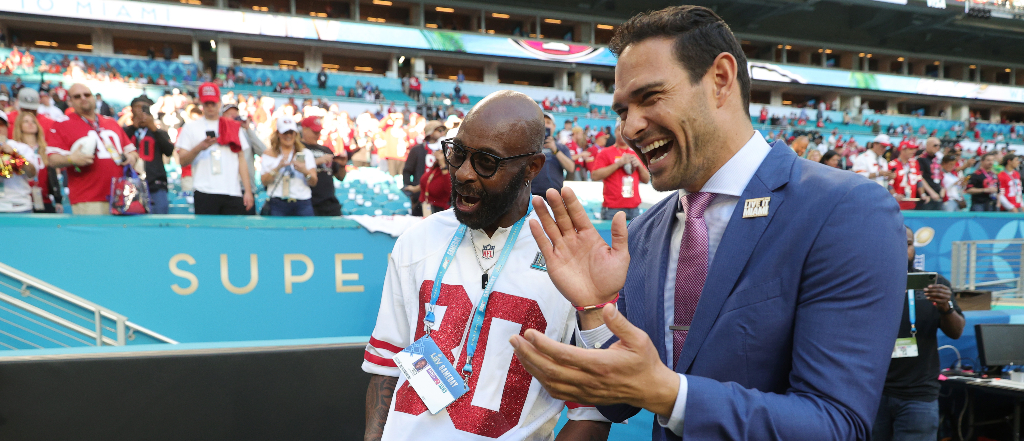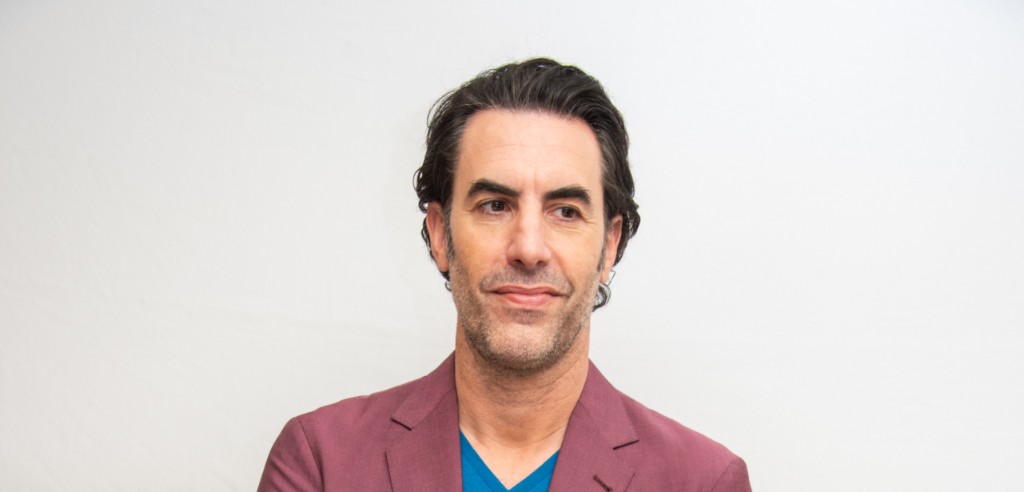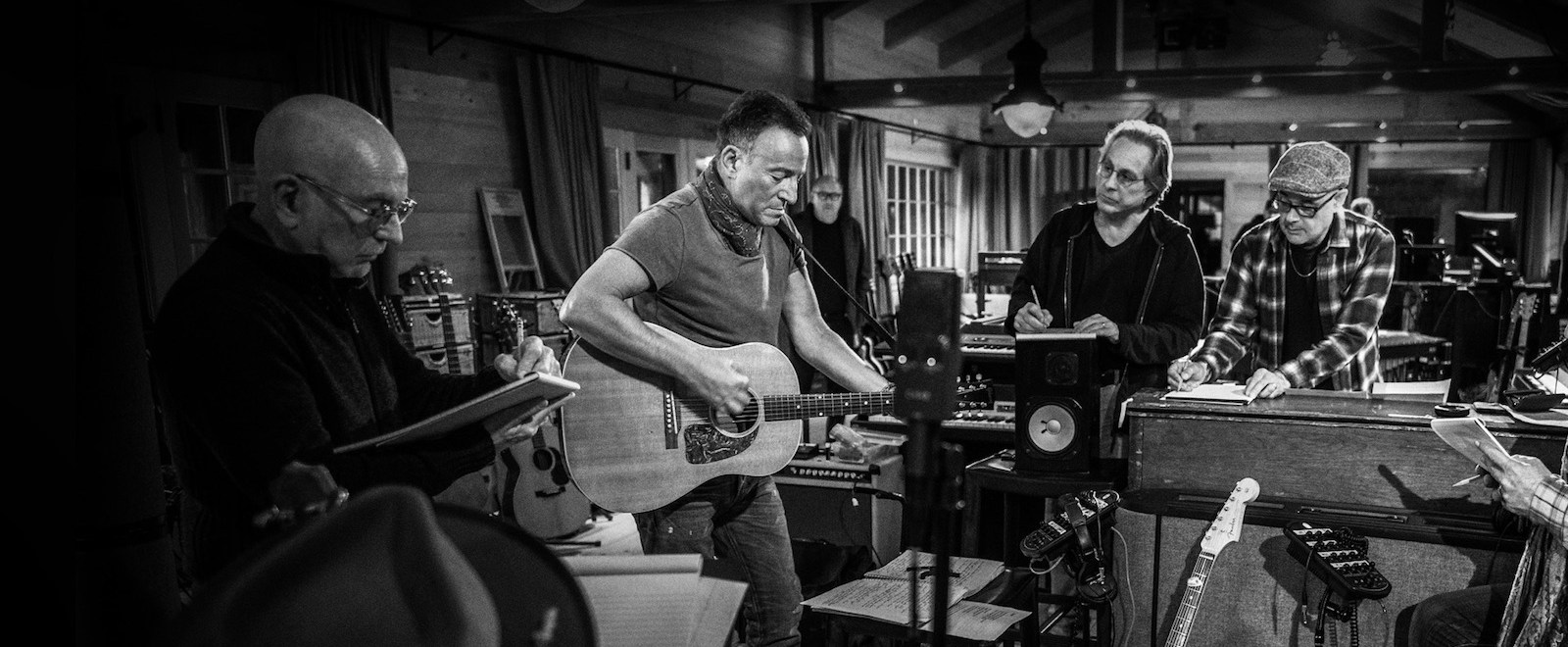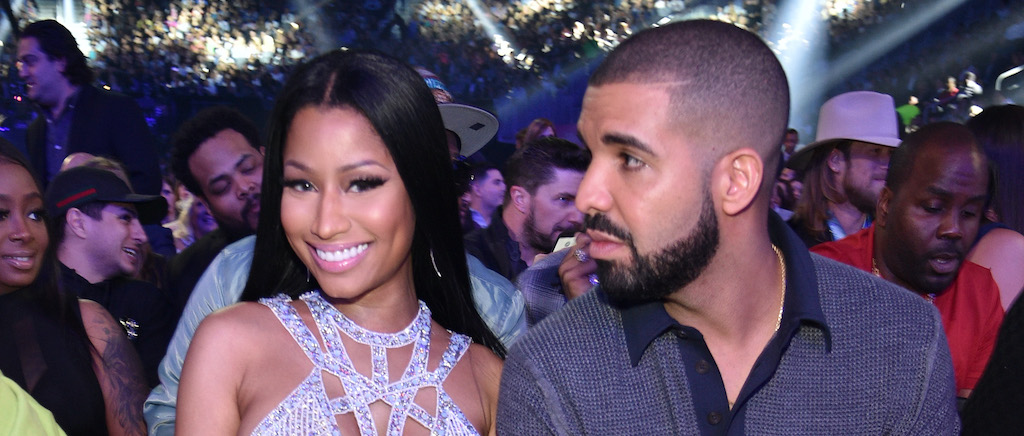While Kanye West campaigns to split the undecided vote and Ice Cube discusses policy with the existing regime, another hip-hop icon wants to try another tack to affect systemic change. Sean “Diddy” Combs announced the launch of his Our Black Party today, telling Charlamagne The God “It’s time for us to have our own Black political party.” Naturally, the interview took place on Combs’ own Revolt TV platform.
Diddy also took the opportunity to walk back comments he made earlier this year about withholding votes from the Democratic candidate Joe Biden, citing the seriousness of the upcoming election’s outcome. “A couple of months ago, I told everybody, ‘Hold their vote hostage,’” he explained.
“It would be irresponsible of me to have us hold our vote hostage but it would also be irresponsible of me to just let this moment go by. The world is watching—and [I’m doing] everything I can to make sure that going forth, that we’re a part of the narrative. That we own our politics.”
To that end, Combs said that he was inspired to start a new political party, reasoning, “If you look at the debates, we’re not even a part of the conversation. We don’t have any political power, we don’t have any political leverage and so we started our Black party with some young, fearless Black activists, elected officials, and I’ve stepped up and put the money behind it.”
Things have got too serious. It would be irresponsible of me to have us hold our vote hostage. But it would also be irresponsible of me to let this moment go by and not make sure going forward we are doing what it takes to own our politics.
— Diddy (@Diddy) October 16, 2020
He continued to insist that Black voters hold Democratic officials accountable. “We need to get Biden in and hold him accountable,” he tweeted. ” Trump has taken things too far. As Black people, we aren’t even a topic of real discussion. We can no longer stand for doing the same thing over and over expecting different results. That’s insanity! It’s time we unify.”
The NUMBER ONE priority is to get Trump out of office. HE HAS TO GO. We can’t allow this man to continue to try and DIVIDE US. The people that have the most responsibility and should be SCARED TO DEATH of this man are white people. WE ARE ON THE VERGE OF A RACE WAR.
— Diddy (@Diddy) October 16, 2020
We need to get Biden in and hold him accountable. Trump has taken things too far. As Black people, we aren’t even a topic of real discussion. We can no longer stand for doing the same thing over and over expecting different results. That’s insanity! It’s time we unify.
— Diddy (@Diddy) October 16, 2020
So, I’m launching one of the boldest things I’ve ever launched. I’m launching a Black political party with some young Black elected officials and activists. It’s called @OurBlackParty, it doesn’t matter if you are Republican or Democrat…
— Diddy (@Diddy) October 16, 2020
The mission is to create a platform to help advance a political agenda that addresses the needs of Black people. So, going forward we aren’t in the same position we are in today. Visit https://t.co/SYOSCLTVqm for more info.
— Diddy (@Diddy) October 16, 2020
For more information on Combs’ Our Black Party, check out the org’s website here.






